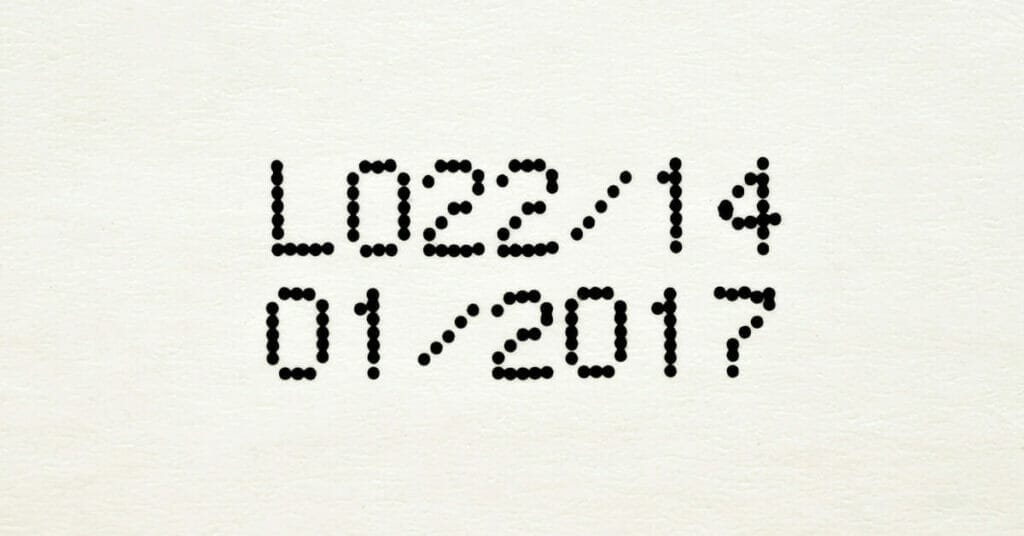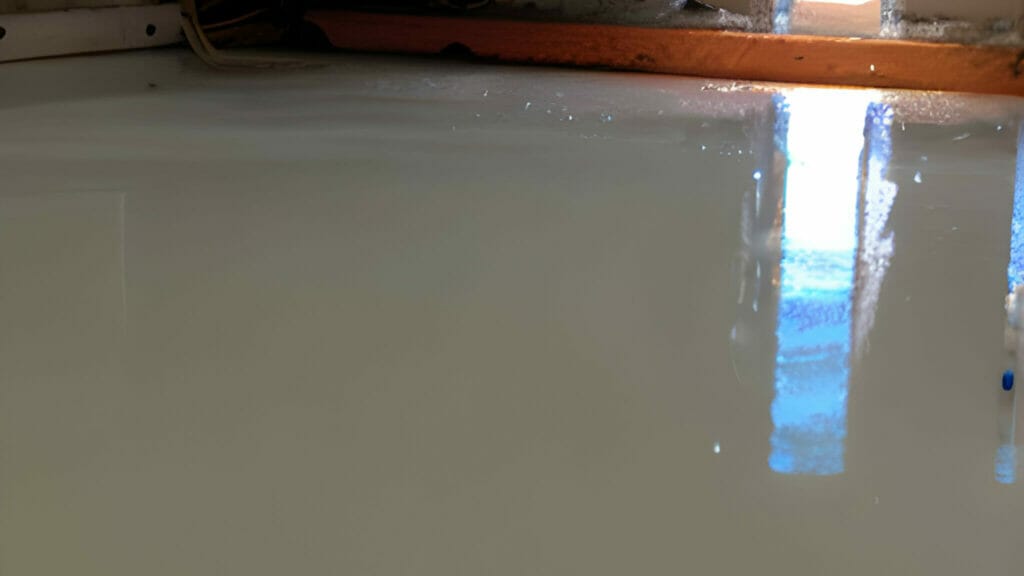Introduction
Are you wondering about the shelf life of your epoxy resin supplies? If you’re a craftsperson or DIY enthusiast, understanding how long these materials last is critical. This article delves into the expiration of epoxy resin, providing insights into factors affecting its longevity and ways to extend it.
Ready to discover if that old jar of epoxy resin is still good for your next project? Let’s dive in!
Key Takeaways
- Epoxy resin typically has a shelf life of 12 – 24 months when stored correctly.
- Testing older epoxy resin is essential to ensure proper curing and avoid compromised quality.
- Expired epoxy resin can exhibit weaker strength, slower drying times, and may not hold up as well over time.
- Proper storage in cool, dry places and protection from moisture and contaminants are vital to extend the shelf life of epoxy resin.
Shelf Life of Epoxy Resin
Epoxy resin typically has a shelf life of 12-24 months.
The typical shelf life is 12-24 months.
Epoxy resin is known for its durability and versatility, making it a staple in many artist studios. But like any art material, it doesn’t last forever. Typically, epoxy resin has a shelf life of 12-24 months if stored correctly.
This timeline can be extended or shortened based on how you store the product – cool, dark places tend to increase its longevity. Brands like ArtResin are transparent about their products’ lifespan and state that their epoxies will remain usable for as long as six months once opened or up to one year if unopened.
Despite this general timeframe, don’t ignore indications of compromised quality – changes in physical properties may occur when using expired epoxy resin, such as reduced tensile strength or altered curing time.
Test older resin to ensure proper curing.
Testing older epoxy resin is crucial to ensure it properly cures and provides the desired results. Over time, epoxy resin can deteriorate, leading to changes in its chemical composition and physical properties.
To test older resin, you can start by mixing a small amount according to the manufacturer’s instructions and applying it to a test surface or object. Observe the curing process closely, looking for any signs of incomplete or uneven drying, weakness in strength, or changes in texture.
This will give you an indication of whether the epoxy resin has expired or if it is still usable for your intended project. Always follow safety precautions when working with epoxy resins, such as wearing gloves and working in a well-ventilated area.
Signs of Expired Epoxy Resin
Expired epoxy resin can exhibit weaker strength and a slower drying time, making it less effective for various projects.
Weaker strength and slower drying
Expired epoxy resin can hurt its performance, weakening its strength and causing slower drying times. As epoxy resin ages, the chemical composition starts to break down, affecting its ability to bond effectively.
This can result in a finished product that is less durable and may not hold up as well over time. Additionally, expired epoxy resin tends to take longer to cure completely, which can be frustrating for those working on time-sensitive projects.
To ensure optimal results, it’s best to use epoxy resin within its recommended shelf life and avoid using expired products whenever possible.
Decreased shelf life depending on the type of resin
The shelf life of epoxy resin can vary depending on the type of resin you are using. While some epoxy resins may have a typical shelf life of 12-24 months, others might have a shorter or longer expiration period.
For example, popular brands like ArtResin adhere to strict guidelines and have a shelf life of 6 months if opened and up to a year if unopened. Proper storage conditions and handling can also play a role in extending the lifespan of your resin.
So it’s important to check the specific recommendations from the manufacturer and ensure proper storage and handling practices to maximize the shelf life of your epoxy resin.
Proper Storage and Handling
Store epoxy resin in a cool, dry place and protect it from moisture and contaminants.
Store in a cool, dry place
To ensure the longevity of your epoxy resin, it’s crucial to store it in a cool and dry place. Excessive heat can accelerate the curing process and reduce its shelf life. Therefore, keeping it away from direct sunlight or any warm environment is essential.
Moisture can also compromise the quality of epoxy resin, so avoiding exposure to damp areas or high humidity is vital. By storing your epoxy resin properly in a climate-controlled space like a closet, you can extend its shelf life for many years and maintain its optimal performance when ready to use it.
Avoid exposure to moisture and contaminants.
Proper storage and handling of epoxy resin is crucial to ensure its longevity. To avoid compromising its quality, it’s important to store epoxy resin in a cool, dry place and protect it from exposure to moisture and contaminants.
Moisture can trigger premature curing or affect the consistency of the resin, while contaminants like dust or dirt can create imperfections in the finished product. By keeping your epoxy resin sealed tightly in closed containers and storing it away from humid environments, you can extend its shelf life and maintain optimal performance when using it for your projects.
Conclusion
In conclusion, epoxy resin does have a shelf life and can expire over time. It is important to store and handle the resin to ensure its longevity properly. Using expired epoxy may result in weaker strength and slower drying times.
To ensure the best results, it is always recommended to use fresh epoxy resin for your projects.
FAQs
1. Does epoxy resin have an expiration date?
Yes, epoxy resin does have an expiration date. The shelf life of epoxy resin depends on various factors, such as the brand and storage conditions. It is essential to check the manufacturer’s guidelines for the specific product you are using.
2. How can I tell if my epoxy resin has expired?
Expired epoxy resin may exhibit changes in consistency, color, or smell. If you notice any abnormalities or the product does not perform as expected during application or curing, it could be a sign that it has expired.
3. Can I still use expired epoxy resin?
It is generally not recommended to use expired epoxy resin because its performance and quality may be compromised. Using expired resin could potentially lead to undesirable results or inadequate bonding strength.
4. What can I do with leftover or expired epoxy resin?
Proper disposal of leftover or expired epoxy resin is crucial to protect the environment and ensure safe handling. Contact your local waste management facility for guidance on how to dispose of these materials responsibly according to your area’s regulations.


